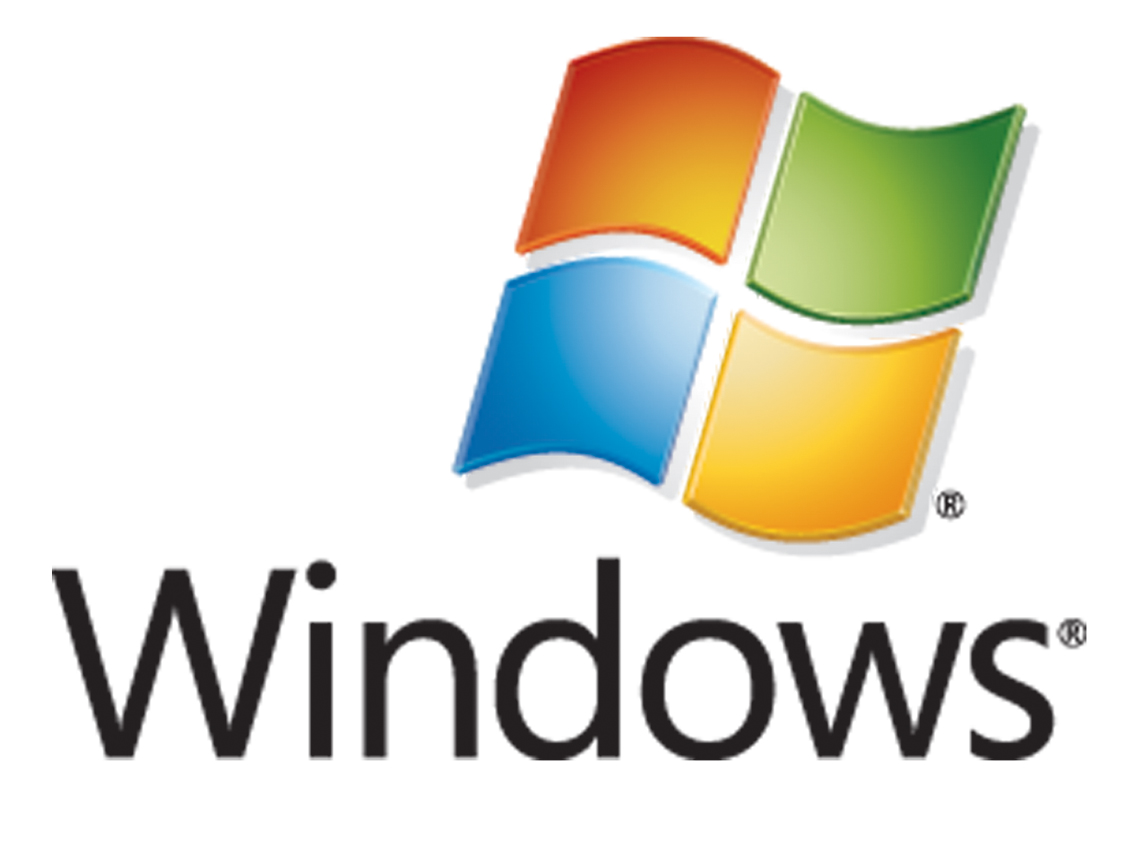Midori: A Successor to Windows 7?
A true "cloud computing" OS

It's definitely not named after Midori Matsuo, the lingerie designer from Japan. And we know it's not related to the "refreshing green liqueur" that tastes like a melon. No, Midori is the code-name for the new Microsoft operating system project that could follow after Windows 7.
According to a BBC report, itseems Midori will use "managed code" – which is a fancy way of saying that the OS is hardware-independent: it will run on any device regardless of the hardware platform, a true "cloud computing" OS. Similar to how data centres use virtualisation to run multiple operating systems, or how Java can run the same application on multiple phones, a managed code OS would not be tied to the PC.
Working in a cloud
That's important for several reasons. One is that, in cloud computing, where you are is not as important as having Internet access. Your data lives in a netherworld, "somewhere" in a remote data centre. The entire concept is meant to encourage mobility, platform independence, and reliable data stores.
In this future scenario, where Google is literally parked in your same neighbourhood in the same way that the power company provides electricity (and you don't need a home generator any more), Midori would be just as portable as the device you're using. It would be as portable as Java and as powerful as Windows.
Or is it just another version of Windows? That's hard to tell. The rumours started when SD Times got wind of some secret documents that spell out what all the Midori details. According to the site, the OS will run" directly on native hardware, be hosted on the Windows Hyper-V hypervisor (a competitor to VMware virtualisation), or even be hosted by a Windows process."
Hetero mesh
Sign up for breaking news, reviews, opinion, top tech deals, and more.
The report goes on for pages and pages using terms like "heterogeneous mesh" that sounds a little painful. The main point: it will be massively parallel in that the OS can handle multiple instances of an application in a distributed computing environment. Today, online apps such as Twitter crash routinely because too many users are accessing the source files on a server somewhere, and it is a crude and unreliable platform.
Microsoft is not about to shoot itself in the foot. Any successor to Windows would have to tackle the distributed computing paradigm and solve it once, for all time. This means the pressure is on: any Web-based successor to Windows would have to be so remarkably stable, and run so many powerful apps, that it would be a no-brainer for Microsoft's multiple million-strong user base to upgrade.
Still, the company is pushing a "software + services" strategy, which is basically like saying they support Web 2.0 and the cloud, but want them to coexist with their desktop-bound apps like Word 2007. They could encourage some users to stick with Windows 7 and for mobile users to choose Midori.
Free Midori!
And there's another question: will Midori be free? To date, almost all cloud computing tools that have gained nay traction have been freely available, including Gmail and the Zoho suite. It's assumed, unless there is a strong enterprise computing model, which does not seem to be the case here. Midori is not going to be a product that sits alongside Visual Studio 2008 on the virtual shelf. It's for anyone.
Midori will likely appear in the next five years after Windows 7. It's essentially an evolutionary step, one that follows the work of Microsoft Research and the Singularity project, which was also a managed code OS the company started working on in 2003. Microsoft Research tends to be an experimental lab where the projects have a hard time "jumping the shark" into the real world, so it's possible that Midori is actually just a research test and not a real, legitimate project.
Or it could even be an offshoot of Windows 7 (we all know Microsoft can release various versions at different price points). No one knows for sure, and Microsoft – who declined to elaborate on Midori – is not talking either.

John Brandon has covered gadgets and cars for the past 12 years having published over 12,000 articles and tested nearly 8,000 products. He's nothing if not prolific. Before starting his writing career, he led an Information Design practice at a large consumer electronics retailer in the US. His hobbies include deep sea exploration, complaining about the weather, and engineering a vast multiverse conspiracy.